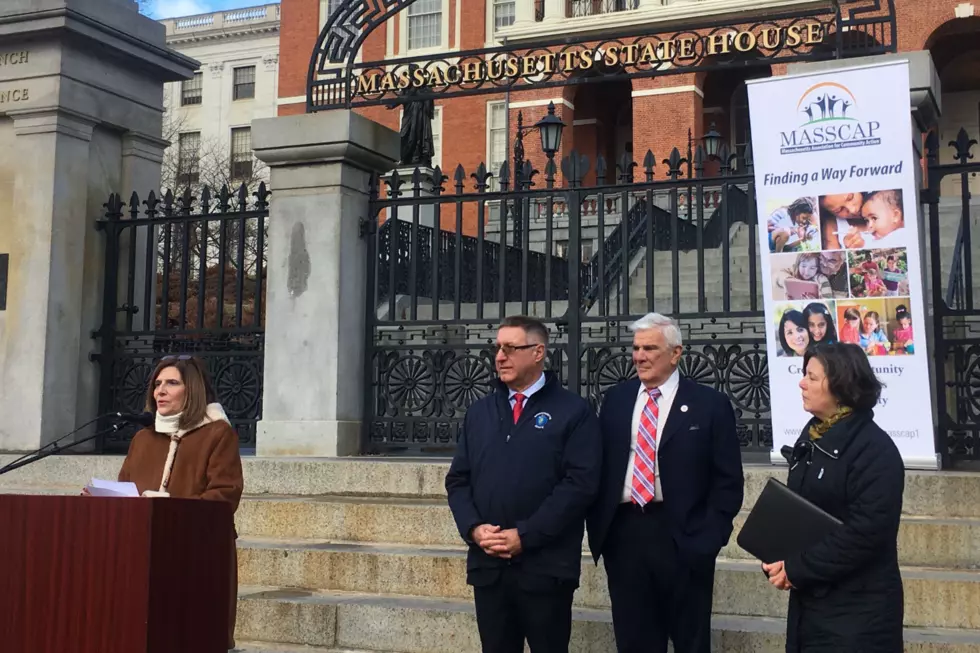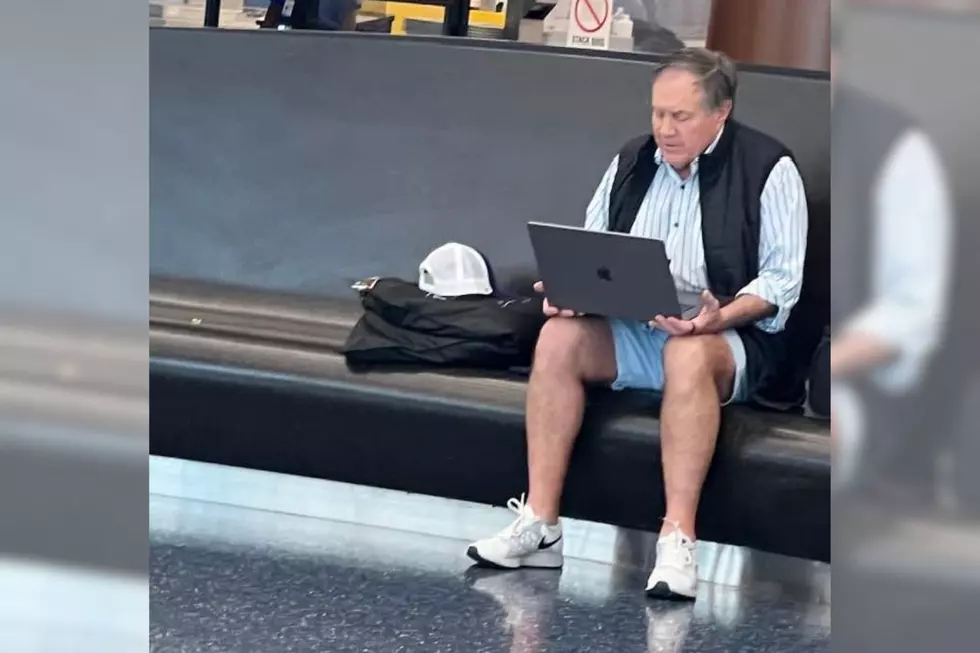
Activists, Lawmakers Rally for Heating Help for Low-Income Families
STATE HOUSE, BOSTON — Human service activists and lawmakers rallied outside the State House Wednesday, calling for the state to help offset a cut in federal funding by allocating $30 million to help low-income families afford winter home heating bills.
Most of the 48,000 households in Massachusetts that heat with oil have used up their benefits or will do so by the end of January, according to the Massachusetts Association for Community Action, which said 160,000 households in Massachusetts are served under the Low Income Home Energy Assistance Program.
Funding for the federal program was reduced by $11 million this year, and has over several years been cut from $200 million a year to $136 million per year, MASSCAP said.
"It's a critical time," said Sen. Michael Rodrigues of Westport. "It's critical we do this as soon as possible because this money isn't going to mean much in May or June."
The state has approved supplemental funding for the program more than a dozen times over the past three decades, according to MASSCAP.
The proposal is supported by a coalition that includes AARP, Children's Health Watch at the Boston Medical Center, Massachusetts Energy Marketers Association, the National Consumer Law Center and Mass. Home Care.
The funding is needed to address public safety concerns, activists said.
"Even though we think it's warm, it's not really warm for elderly folks and people with small children," said Liz Berube, assistant executive director of Citizens for Citizens in Fall River. "Families do dangerous things when they have to make choices. They use alternate heating approaches such as putting the oven on and opening the door, the electric space heaters." Such options can increase the risk of a fire and carbon monoxide poisoning.
With heating oil costing nearly $3 per gallon, the current federal funding will cover the cost of 1.75 tanks of oil for one household, said advocates. However, it usually takes three to four tanks of oil to heat a household through winter in Massachusetts.
Applications for this year's program show an increase of over 20 percent from last year.
The program primarily assists the elderly, people with disabilities and working families, said Birgitta Damon, MASSCAP president and executive director of Lynn Economic Opportunity.
"It's really important to know that this program serves as an economic support particularly for elders, persons with disabilities who aren't able with their fixed income to pay for their fuel, and also for working families," she said.
During winter months these people can be forced to choose between heating their homes and other necessities.
These tough choices are close to Sen. Joanne Comerford of Northampton, who spoke about a discussion she had while on the campaign trail. While phone banking, she spoke with an elderly man who said he was struggling to afford food and heat during the winter.
"I'm thinking of this gentleman who already has to make these really difficult decisions people have talked about between heating his home and feeding his family and himself and paying for medication," Comerford said. "And now we see the possibility of the too meager funds he receives being cut."
With Northeast winters stretching ahead, these tough choices can last for months.
"Winter is not going to end on March 22 because March 23 is the first day of spring," Berube said. "Massachusetts is going to be cold in March, and it's going to be cold in April. It's just the way it is."
Activists said they have not been able to meet with the governor to discuss the proposal, but many senators and representatives attended the press conference to show their support.
"This is a major problem and a problem that the legislature understands," said Rep. Paul Donato of Medford. "It is our job to convince the gentleman in the corner office how important this is and hear our loud voices that we need in the supplemental budget the $30 million to accommodate those who need fuel assistance."
--Kaitlyn Budion, State House News Service
More From WBSM-AM/AM 1420









